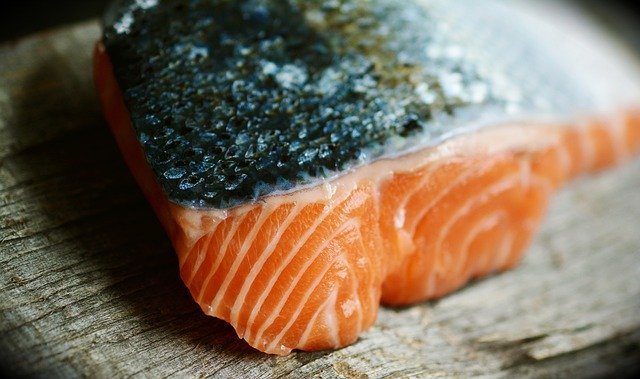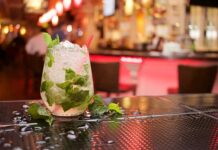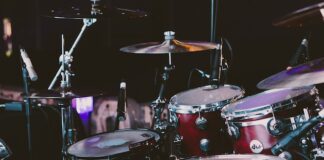On the market we have a full selection of salmon in various forms: fillets, bells, carcasses and steaks. Salmon can be found in frozen, smoked, canned or ready-made dishes.
How long to bake salmon in the oven depending on the size?
The basic rule here is that the smaller the piece, the shorter the fish should be baked.
The whole fillet is baked for about 30-35 minutes. If it is extremely large and fat – this time should be extended. A piece of fillet is baked for about 20 minutes. Bell: 15-20 minutes.
Frying in a pan
Choosing the right pan is crucial when frying salmon. When we have the right frying pan, we don’t need a lot of extra fat to fry salmon. The evenly heated frying pan will allow us to perfectly cook the salmon without burnt, dried pieces. When we want to make grilled salmon, we don’t need to pull out the grill and put it on the balcony, all we need is a grill pan and the whole night of marinating salmon in soy sauce and grated ginger.
In addition to a suitable frying pan, a large spatula that is resistant to high temperatures and suitable for washing in the dishwasher may be useful (none of us likes to wash dishes and cutlery after fish).

How long to bake salmon in foil, a dish, uncovered?
Salmon is a fish that can be dried very easily.
- Bake the salmon in foil for 20-40 minutes (depending on the size of the piece).
- Salmon in an ovenproof dish about 20-30 minutes.
- Salmon uncovered (on a baking sheet or grill) – maximum 15-20 minutes. This is the method by which the easiest way to dry and burn a fish!
Fish meat has a more delicate structure than mammal meat, so it should be treated differently.
Salmon: what about acids
Salmon belongs to fatty fish, therefore it is a very caloric fish. The energy value of salmon varies depending on the method of farming – farmed salmon is more caloric than that obtained from natural fisheries. Salmon in every form is a wealth of polyunsaturated fatty acids, including omega-3, extremely valuable for the body.
Salmon: vitamins and minerals
In salmon we will find significant deposits of vitamin D – eating 100 g of fresh fish will cover the daily requirement of this ingredient in 73 to 87%, depending on the origin of the fish. Vitamin D, in addition to participating in bone metabolic processes, also participates in immunological, anti-cancer, cardioprotective processes. In addition, vitamin D is used to treat skin diseases, cardiovascular disease, and to prevent and treat depression. Salmon is also a good source of B vitamins: vitamin B6, necessary for the synthesis of hormones and enzymes, and vitamin B12, which is involved in the production of red blood cells.
Salmon contains significant amounts of selenium – in 100 g of fresh fish there is 24 to 36 µg of element, which covers 44 to 66% of the daily demand for this ingredient for an adult. Selenium improves the body’s immunity and protects red blood cells against free radicals.









